Theom
Theom is a data security and governance company founded in 2020 by a team of veterans from Google, Cisco, and Yahoo. The San Francisco-based firm was created to address the challenges of securing data in modern, federated cloud environments, a problem the founders experienced firsthand while building and scaling foundational data systems such as Hadoop and BigQuery.
The company's core offering is its Data and AI Operations Center, a platform that provides a unified control plane for data security and governance. Theom's technology works by focusing on the data itself, rather than the perimeter, to monitor and control access. The platform can map data flows and user identity in real-time without the use of agents, enforce least-privilege access policies, and detect threats before they escalate. It integrates with major cloud data platforms including Snowflake, Databricks, and AWS, providing security for everything from cloud data warehouses to generative AI pipelines.
Theom utilises the Hedera Consensus Service (HCS) to create a tamper-proof and publicly verifiable audit log of all actions taken on a customer's data. Every event, from data classification and risk remediation to simple observation, is logged on the Hedera network.
Project Information
Related Projects

Meta Carbon is a climate-tech company founded dedicated to making carbon offsetting more transparent, efficient, and engaging. Its mission is to simplify carbon management for businesses and individuals, using technology to bridge the gap between climate action and everyday life.
The core of Meta Carbon's service is its software-as-a-service (SaaS) platform, which provides a comprehensive suite of tools for carbon project management. These include features for inventory management, real-time reporting, and yield optimization. The platform also offers a range of engagement tools, such as offset certificates, digital badges, and leaderboards, which allow businesses to transparently showcase their sustainability efforts to their customers. A key feature of the platform is its ability to integrate with e-commerce sites, enabling carbon offsetting at the point of sale.
Meta Carbon uses the Hedera Consensus Service (HCS) to record every transaction, measurement, and retirement of carbon credits on the public ledger. This provides a high level of transparency and trust, as all data is immutable and auditable.

Standard Bank Group, located in South Africa, is Africa's largest bank by assets and among the longest operating financial institutions on the continent having been founded more than 150 years ago. The Group offers a comprehensive suite of financial products and services via the Hedera blockchain including a wide array of payment processing solutions for both individuals and businesses.
The firm’s primary functions include facilitating transactional banking, lending, asset finance, merchant solutions, trade finance, and international payment services for its business and enterprise clients. Standard Bank also provides insurance and asset management services.
As a member of the Hedera Governing Council, Standard Bank provides enterprise-grade, secure transactions and digitized cross-border trade processes on the immutable Hedera distributed blockchain ledger.
Standard Bank is one of the leading Hedera-based service providers utilizing Hedera's Token Service (HTS) and Consensus Service (HCS). The primary focus of this collaboration is to improve transaction efficiency and reduce costs associated with international cross-border payments.

DaVinciGraph is a comprehensive token management platform operating on the Hedera blockchain network. Its platform is designed to enhance the functionality and efficiency of projects within the Hedera ecosystem through a suite of service offerings for token creators and NFT projects.
Its key offerings include tools for on-chain token management, token locking and vesting, and a token burner service for managing supply called “Blackhole.” This feature allows for permanent removal of tokens from circulation, ideal for creating deflationary effects or making irreversible token commitments within the Hedera ecosystem.
DaVinciGraph also features "DaVinciPics," a service for managing and displaying token and NFT logos consistently across decentralized applications (DApps).
The DaVinciGraph platform offers a token launchpad for new projects to introduce their tokens and a novel airdrop system. It also features the DAVINCI token, which gives holders unique access to NFT and related events. Its overall goal is to support a scaling, secure, and transparent environment for comprehensive token lifecycle management and project funding.

REVEL Moments is a live, virtual storytelling platform that aims to create authentic connections between athletes and their fans. The company's mission is to go beyond the on-field persona and showcase the "human behind the athlete" by hosting curated, interactive events where sports figures can share untold stories and personal experiences in an intimate setting.
The core of REVEL's service is its live, professionally moderated virtual events. These are not typical interviews; they are interactive experiences where fan input helps shape the content. Fans can submit questions beforehand and engage with the athlete and other attendees through a live chat, with some even getting the opportunity to join the virtual stage. This model provides a unique form of fan engagement that is more personal and unscripted than traditional media appearances. The platform serves a wide range of athletes, from retired legends to current professional and student-athletes.
Tickets for REVEL's events are issued as NFTs on the Hedera network, allowing fans to own a digital collectible that represents their participation in a unique experience.
